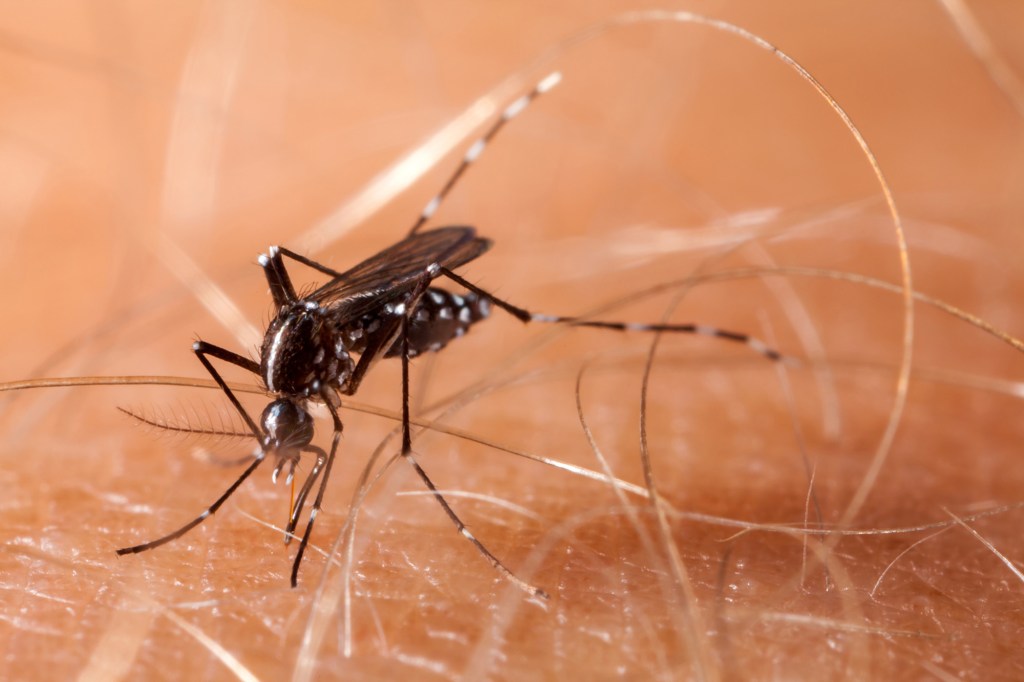Nada Hassanein | (TNS) Stateline.org
Mosquito-borne illnesses are a growing concern in Northeastern states, with health officials monitoring cases and advising residents to avoid outdoor activities near standing water and other environments prone to mosquito spread.
Of particular concern is eastern equine encephalitis, a rare disease that can lead to serious and fatal illness, caused by mosquitoes carrying the virus.
Known as EEE or “triple E,” the virus can cause disease in humans and animals such as horses and birds. It doesn’t spread from human to human, but is transmitted through the bite of an infected mosquito.
While most people don’t develop symptoms or serious illness, 1 in 3 people who become seriously ill from the virus die, and about half of those who recover from severe cases will still experience long-term physical and cognitive effects, according to the federal Centers for Disease Control and Prevention. Symptoms can include fever, headache, vomiting and drowsiness. Encephalitis is a rare and serious complication in which the infection causes inflammation in the brain.
Eight states — Massachusetts, New Hampshire, New Jersey, New York, North Carolina, Rhode Island, Vermont and Wisconsin — have reported human cases of the virus this year, for a total of 16 cases, according to the latest CDC data. Other states have seen cases in animals only. In Maine this year, triple E was found in two emus and one wild bird.
In August, Massachusetts officials said they would begin spraying for mosquitoes in two counties after a man in his 80s contracted the virus, four years after the state last saw an outbreak that led to 17 confirmed cases and seven deaths.
Also in August, New Hampshire confirmed its first EEE death this year; it was the first infection the state had seen in a decade, according to state health officials. So far this year, the state has confirmed five total cases in humans, and the disease has been detected in one horse and seven…
Read the full article here







